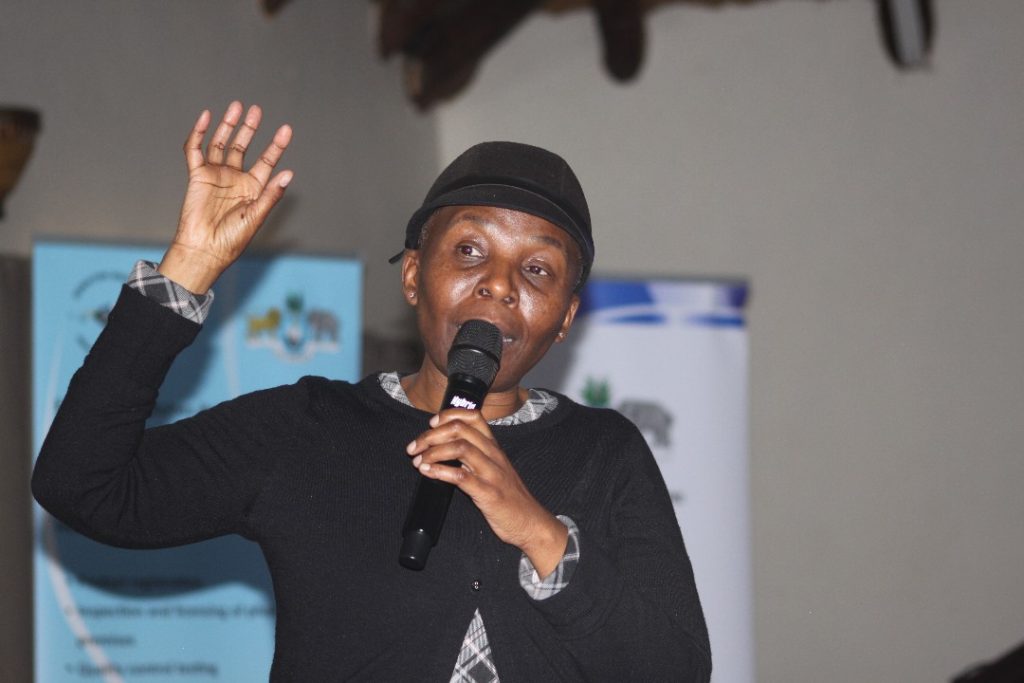
With 80% of clinical trials reportedly conducted on Africans, the government of Eswatini has strengthened its clinical trial laws, leading to the suspension of two companies from operating in the Kingdom.
This was revealed during a high-level breakfast briefing hosted by the Ministry of Health at Sibane Sami Hotel, where stakeholders gathered to discuss Eswatini’s enhanced regulatory framework for clinical trials.
The tightening of regulations comes amid global concerns about the disproportionate number of clinical trials conducted in low- and middle-income countries, particularly in Africa.
Clinical trials are scientific studies involving human participants, conducted to assess the safety, efficacy, or side effects of new medical treatments, drugs, or interventions.
However, with global clinical trials reportedly taking place in Africa and Asia, regions historically known for relaxed ethical oversight, questions have been raised about exploitation and the lack of protections for research participants.
“Eswatini was not spared,” said Rudolph Maziya, Chairman of the Eswatini Health & Human Research Review Board (EHHRRB). “We’ve seen companies take advantage of weaker oversight, and that has now been dramatically reduced thanks to new legislation. All companies wishing to conduct clinical trials must now register with the Ministry of Health so that we know exactly what they are doing and why.”
Maziya disclosed that two companies had recently been suspended under the new regulatory framework.
“One was suspended for a year after violating trial protocols. Although they appealed, the decision was upheld. The second company has been banned for three months. These disciplinary actions reflect our commitment to safeguarding the health and dignity of our people,” he stated.
Without naming the companies, Maziya stressed that the suspensions were not an attack on scientific research, but a stance against unethical practices. “We are not anti-research. We are anti-exploitation. Our people deserve the same protections and ethical standards as anyone else in the world.”
He further explained that between 50% and 60% of clinical trials are conducted in Europe and the Americas, yet 80% are concentrated in Africa and Asia due to historically lax regulations.
“There are historical imbalances that have made Africa and Asia prime targets for pharmaceutical companies looking to bypass stricter regulatory environments,” Maziya noted.
In the past three years, eight clinical trials have been conducted in Eswatini. Maziya assured stakeholders that the government remains open to scientifically sound and ethically conducted research.

“Eswatini is taking deliberate steps to ensure clinical trials within the kingdom are conducted ethically, transparently, and with full accountability,” he said.
The COVID-19 pandemic, which spurred an urgent global race for vaccine development, highlighted both the importance of clinical trials and the ethical dilemmas surrounding their execution. In response, Eswatini has instituted new regulatory mechanisms to ensure that all clinical research conducted within its borders aligns with international best practices.
Maziya highlighted the roles of the Eswatini Health & Human Research Review Board (EHHRRB) and the Medicines Regulatory Unit (MRU), which now work collaboratively to provide comprehensive oversight of clinical trials. These bodies are fully mandated to enforce safety, ethics, and scientific validity in all research conducted in the Kingdom.
